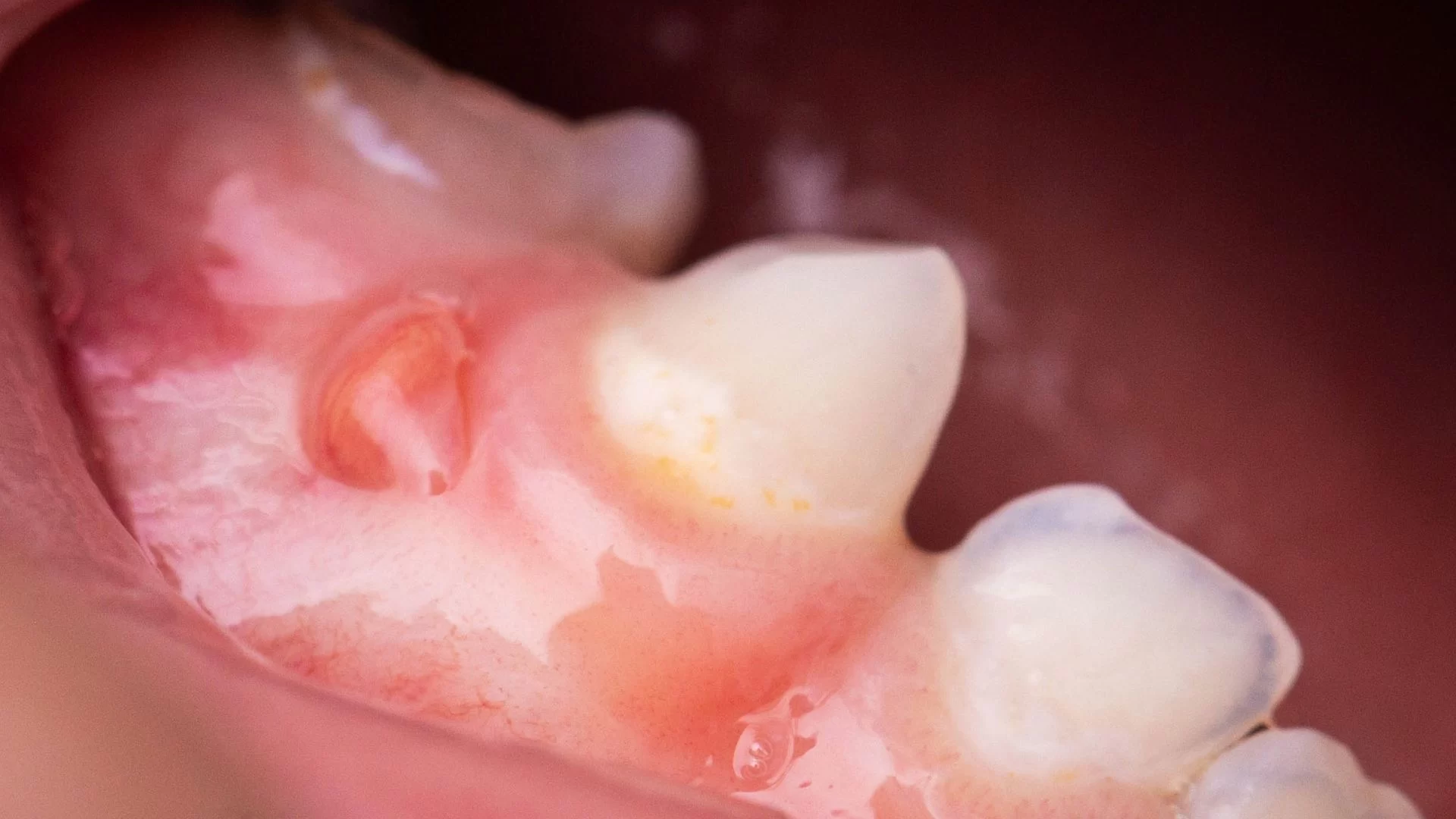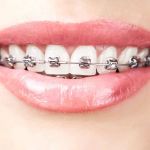
How to Deal with a Swollen Gum Around a Tooth: Causes and Effective Remedies
- 1. What Causes a Swollen Gum Around a Tooth?
- 2. Symptoms of a Swollen Gum: What to Look For
- 3. Effective Remedies to Treat a Swollen Gum Around a Tooth
- 4. When to Seek Professional Help for Swollen Gums
- 5. How to Prevent Swollen Gums with Proper Oral Care
1. What Causes a Swollen Gum Around a Tooth?
Swollen gums around a tooth can be a sign of various underlying issues, most of which stem from poor oral hygiene, infections, or trauma. The common causes of gum swelling include:
- Gum Infection (Gingivitis or Periodontitis): Plaque buildup can cause gum inflammation, leading to gingivitis or more severe periodontitis, which affects the deeper layers of gum tissue.
- Abscessed Tooth: A dental abscess, a collection of pus caused by bacterial infection, can lead to significant swelling and pain in the gum area around the affected tooth.
- Teething (in children): For infants or young children, teething can cause swollen gums as the teeth break through the gum line.
- Injury or Trauma: Any trauma to the gum, like biting down on something hard, can result in swelling and discomfort around the tooth.
In most cases, a swollen gum around a tooth is a sign that there’s an infection or irritation in the area, and it should not be ignored.
2. Symptoms of a Swollen Gum: What to Look For
If you're dealing with a swollen gum around a tooth, you may notice several symptoms in addition to the visible swelling. These can help you identify the severity of the issue and whether it's something that requires professional intervention. Common symptoms include:
- Red, inflamed gums that are tender to the touch
- Bleeding gums, especially when brushing or flossing
- Pain around the affected tooth, which may be constant or worsens with pressure
- Presence of pus or a bad taste in the mouth, indicating infection
- Fever or general feeling of discomfort, which may indicate a more serious infection
If you experience any of these symptoms, particularly pus or fever, it’s essential to seek medical attention as soon as possible to prevent further complications.
3. Effective Remedies to Treat a Swollen Gum Around a Tooth
There are several effective home remedies and treatments you can try to alleviate the swelling and discomfort associated with swollen gums. Here are some steps you can take:
- Saltwater Rinse: Rinsing your mouth with warm salt water can help reduce inflammation, kill bacteria, and promote healing. Mix a teaspoon of salt into a glass of warm water and swish it around your mouth for 30 seconds.
- Cold Compress: Applying a cold compress to the outside of your cheek can help reduce swelling and numb the area, providing temporary pain relief.
- Over-the-Counter Pain Relief: Nonsteroidal anti-inflammatory drugs (NSAIDs) like ibuprofen can help reduce swelling and relieve pain. Be sure to follow the dosage instructions carefully.
- Antibiotic Gel or Ointment: If you have a gum abscess, your dentist may recommend an antibiotic gel or ointment to treat the infection and reduce swelling.
These remedies can help alleviate the symptoms temporarily, but it's crucial to address the underlying cause of the swelling to prevent it from returning.
4. When to Seek Professional Help for Swollen Gums
While home remedies can provide relief, there are certain situations when professional dental care is necessary. If you experience any of the following, it’s time to schedule an appointment with your dentist:
- The swelling does not go away after a few days of home treatment
- You experience severe pain or a toothache that doesn’t improve
- You notice a pus-filled abscess or discharge around the swollen gum
- You develop a fever or notice other systemic symptoms
Ignoring the problem can lead to more severe dental issues, such as tooth loss, abscesses, or a more widespread infection. A dentist can help identify the cause of the swelling and provide the appropriate treatment, which may include draining an abscess or prescribing antibiotics.
5. How to Prevent Swollen Gums with Proper Oral Care
The best way to deal with a swollen gum around a tooth is to prevent it from happening in the first place. Here are some essential oral care habits that can help keep your gums healthy:
- Brush Twice a Day: Use a soft-bristled toothbrush and fluoride toothpaste to brush your teeth at least twice a day, especially before bed to remove plaque buildup.
- Floss Daily: Flossing is essential to remove food particles and plaque from between your teeth and along the gumline, preventing the buildup that leads to infection.
- Regular Dental Visits: Schedule regular checkups and cleanings with your dentist to ensure your gums and teeth are healthy and to catch any problems early.
- Stay Hydrated: Drinking plenty of water helps maintain a healthy mouth and reduces dry mouth, which can lead to gum disease.
If you're dealing with a swollen gum around a tooth, it’s crucial to take action promptly. For personalized advice and dental care products that can help prevent gum swelling, click here to visit Dentistry Toothtruth and learn more about how to maintain optimal oral health.







 Dillon Family Dentistry5.0 (114 review)
Dillon Family Dentistry5.0 (114 review) Lane & Associates Family Dentistry - Cary Tryon4.0 (560 review)
Lane & Associates Family Dentistry - Cary Tryon4.0 (560 review) Summer Smile Dental South Gate4.0 (461 review)
Summer Smile Dental South Gate4.0 (461 review) Southcoast Endodontics5.0 (4 review)
Southcoast Endodontics5.0 (4 review) First Class Dental PA5.0 (248 review)
First Class Dental PA5.0 (248 review) Smile For Life Dental5.0 (707 review)
Smile For Life Dental5.0 (707 review) The Importance of Oral Health Education During Pregnancy for a Healthy Pregnancy
The Importance of Oral Health Education During Pregnancy for a Healthy Pregnancy Best Tips for Brushing Your Teeth Properly for Healthy Gums: Essential Techniques for Oral Health
Best Tips for Brushing Your Teeth Properly for Healthy Gums: Essential Techniques for Oral Health Why Skipping Dental Checkups Can Lead to Bigger Oral Health Problems
Why Skipping Dental Checkups Can Lead to Bigger Oral Health Problems Advantages of Porcelain Dental Restorations
Advantages of Porcelain Dental Restorations How Can Diabetes Cause Tooth and Gum Problems? Preventing and Managing Oral Health Issues
How Can Diabetes Cause Tooth and Gum Problems? Preventing and Managing Oral Health Issues Healthy Habits for Promoting Good Oral Health and Hygiene: Tips for a Healthy Smile
Healthy Habits for Promoting Good Oral Health and Hygiene: Tips for a Healthy Smile